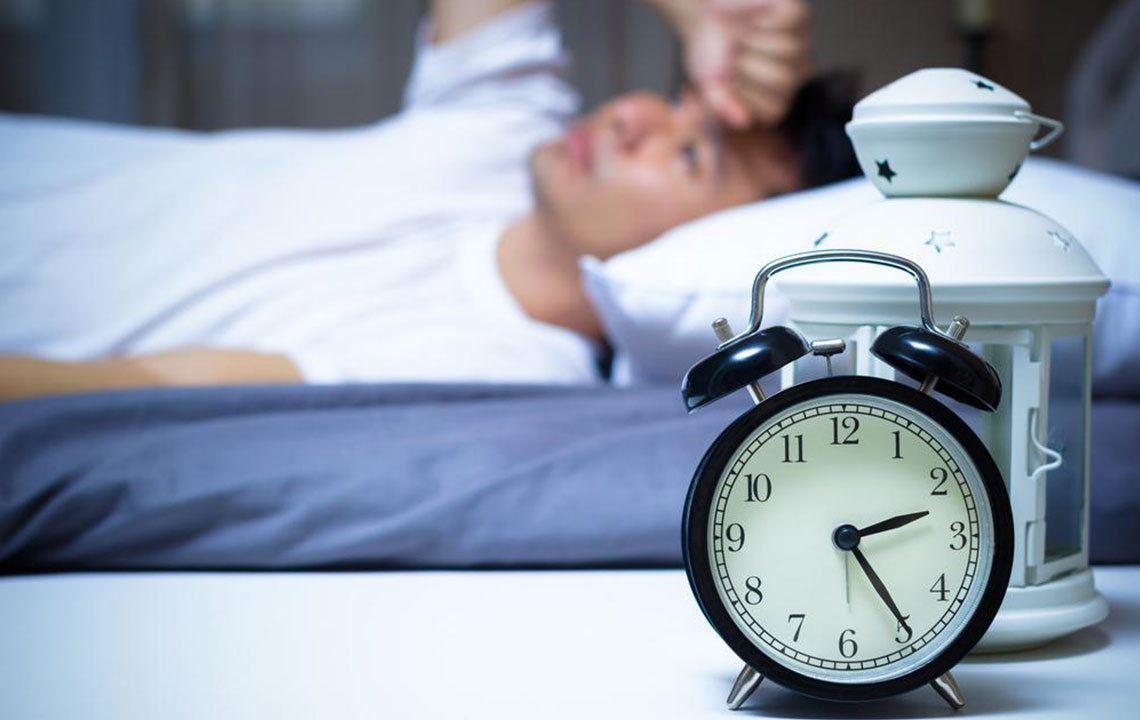Comprehensive Guide to Identifying and Managing Sleep Disorders
Understanding and addressing sleep disorders is essential for maintaining overall health. This comprehensive guide highlights common signs, causes, and effective strategies to improve sleep quality. Early detection and professional intervention can lead to better health outcomes and a higher quality of life for individuals experiencing sleep disturbances. Prioritize sleep health to enjoy improved mood, cognitive function, and physical well-being.

Comprehensive Guide to Identifying and Managing Sleep Disorders
Sleep disturbances are a common concern affecting people across all age groups, from children to seniors. These issues can emerge due to various factors such as elevated stress levels, underlying health conditions, lifestyle choices, or disruptions in daily routines. Ignoring persistent sleep problems can lead to significant health consequences, including weight gain, decreased immune function, compromised mental health, and impaired daily performance.
Understanding the key signs of sleep disorders is essential for timely intervention. Early detection allows for effective management strategies that can vastly improve quality of life. This comprehensive guide explores the primary indicators of sleep disturbances and provides practical tips for improving sleep health.
Recognizing the Key Signs of Sleep Disorders
Insomnia: This condition manifests as difficulty falling asleep, staying asleep, or waking up too early and being unable to return to sleep. Factors such as stress, anxiety, caffeine consumption, or poor sleep environments often contribute to insomnia. Implementing consistent sleep routines, relaxation techniques, and limiting caffeine can help mitigate these issues.
Sleep Apnea: Characterized by repeated episodes of breathing interruptions during sleep, sleep apnea often causes loud snoring, choking sounds, and excessive daytime fatigue. People experiencing these symptoms should seek immediate medical evaluation. Diagnosis typically involves overnight sleep studies, and treatment options include CPAP therapy, lifestyle modifications, or surgical interventions.
Restless Leg Syndrome (RLS): This neurological disorder causes an uncontrollable urge to move the legs or arms, especially during periods of rest or sleep. Symptoms may include uncomfortable sensations that worsen at night, leading to disrupted sleep. RLS management involves lifestyle changes, iron supplementation, and medications prescribed by healthcare providers.
Narcolepsy: Marked by sudden, uncontrollable episodes of sleep during the day, narcolepsy significantly hampers daily activities. Symptoms include cataplexy, sleep paralysis, and hallucinations. Proper diagnosis through sleep studies and medication management can improve symptoms and quality of life.
Irregular Sleep-Wake Patterns and Rhythm Disorders: Disruptions caused by shift work, jet lag, or delayed sleep phase syndrome affect circadian rhythms. These disturbances can cause difficulty falling asleep or waking up at desired times, leading to sleep deprivation. Establishing consistent routines and light exposure therapies can help realign internal clocks.
Effective Strategies to Improve Sleep Hygiene
Maintain a consistent sleep schedule by going to bed and waking up at the same time daily, even on weekends. This helps regulate your internal clock and improves sleep quality.
Incorporate regular physical activity into your routine, but avoid intense workouts close to bedtime as they may interfere with sleep onset.
Limit caffeine and stimulants, especially in the hours leading up to sleep, to prevent initial sleep difficulties.
Create a calming pre-sleep routine, such as reading, taking warm baths, or listening to soothing music, to signal your body that it's time to wind down.
Ensure your sleeping environment is dark, quiet, and cool. Use blackout curtains, earplugs, or white noise machines if necessary to eliminate disturbances.
Avoid screen time from electronic devices at least an hour before bedtime, as the blue light emitted can suppress melatonin production and hinder sleep onset.
Address nighttime awakenings by limiting fluid intake before bed and managing any underlying medical conditions.
If sleep problems persist despite these measures, consult a healthcare or sleep specialist for further evaluation and personalized treatment options. This may include cognitive-behavioral therapy, medications, or other therapeutic interventions.
Prioritizing healthy sleep habits is vital for overall health and well-being. Recognizing the signs of sleep disorders early and seeking appropriate treatment can significantly improve your quality of life. Never hesitate to seek professional advice if sleep issues interfere with daily activities or pose health risks.





